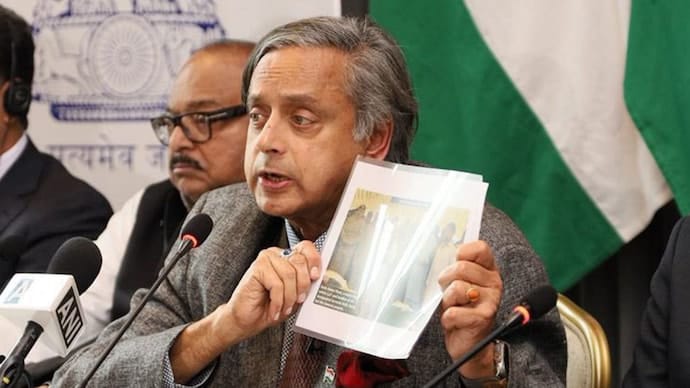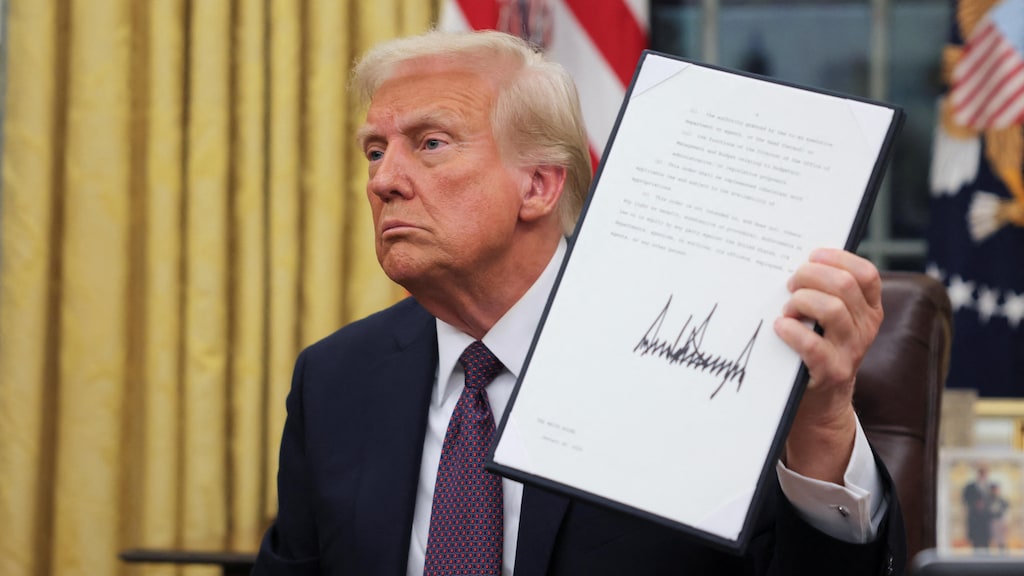
The Supreme Court of India is set to hear a landmark case on April 16 regarding the Waqf Amendment Act 2025, which has sparked a heated debate on religious rights, secularism, and ownership of property. Multiple petitions – including one by a Sikh – have challenged the law, arguing that it violates the secular principles of the Constitution. Meanwhile, six BJP-ruled states have come forward to support and enforce the law, adding a political dimension to the legal battle.
The case is not just about legal manoeuvring, it touches on India’s delicate balance between religion and state policy. Here are 10 key points you need to know, all of which you can check out at a glance.
All the points in this post
What is the Waqf Amendment Act 2025?
The Waqf Act regulates the administration of waqf properties – Islamic charitable endowments, often consisting of land and assets for the benefit of religious or community interests. The 2025 amendment brings several changes, including increasing the powers of the Waqf Board to manage disputed properties. It says that measures will be taken to resolve waqf-related disputes quickly. It says that greater government supervision will be put in place in some cases. The government argues that these changes prevent encroachment and facilitate management.
Why is the Supreme Court hearing this case?
Today’s hearing began on some petitions, including a challenge by a Sikh petitioner, who argued that the law could weaken secularism by giving preferential treatment to one religion. Concerns that the law could lead to arbitrary seizure of property designated as waqf land are mounting. Six BJP-ruled states (Uttar Pradesh, Gujarat, Madhya Pradesh, Assam, Haryana and Karnataka) have supported the law.
calling it necessary for better management of religious property. The Supreme Court’s decision is said to set a major precedent for how religious endowments are managed in India.
Threat to the secularism of the Sikh petitioner?
The most vocal opposition came from a Sikh man who filed a petition alleging that the Waqf Amendment Act violated Article 14 of the Right to Equality and Article 15 of the Prohibition of Discrimination. Their main arguments include that the law gives privilege to Muslim waqf properties over Hindu, Sikh, or Christian trusts. This could lead to unfair repossession of land among historically disputed communities.
The secular nature of the Indian Constitution is compromised when a religious group is given special administrative powers. This case is not just about property – it is also about whether India’s legal system can remain neutral on religious matters and what will happen in the future.
BJP-ruled states support the law – why?
Six BJP-ruled states have supported the Waqf Amendment Act, arguing that it will prevent the illegal acquisition of waqf land if it falls into the hands of the government. So that no one can misuse waqf land illegally.
It will ensure that religious endowments are used for better purposes for the welfare of the community. The amendments are seen as being in line with the central principle of transparency in the management of religious property. However, opposition parties allege that this support is politically motivated, and aimed at consolidating a specific voter base.
Legal and Constitutional Concerns
Legal experts have raised several potential constitutional conflicts, the most notable of which is Article 26 on freedom to conduct religious affairs – does the law interfere with the autonomy of other religions? Article 27 on no tax for religious propagation – can waqf funds be seen as state-sponsored? Rights to property, and can the government intervene in religious land disputes without due process? The Supreme Court’s interpretation of these articles is said to be crucial in shaping the verdict.
Public and religious reaction
Muslim organizations largely support the law, calling it necessary to protect waqf assets, but Sikh and Hindu groups fear it could lead to biased land disputes. Civil society activists have demanded a more neutral framework for all religious trusts. The debate has intensified political polarization, with some seeing it as a test of India’s secularism.
Possible outcome of the hearing
The Supreme Court may uphold the law, and give it a constitutional verdict. It says to strike down some provisions for amendment. It demands that the case be sent to a larger bench for a more in-depth examination. Each scenario is expected to have major legal and social implications.
Why this case is important
It is not just about the Waqf Act – it is about India’s secular identity. Can religious law coexist with constitutional equality? Property rights – who controls the disputed religious land? Judicial precedent – will this case redefine how religious endowments are managed? The verdict is said to reshape India’s socio-legal landscape for decades.
the end
The Supreme Court hearing today on the Waqf Amendment Act 2025 is more than just a legal battle – it is a test of India’s commitment to secularism and good governance. With BJP states supporting the law and Sikh, Hindu, and civil rights groups opposing it, the role of an impartial judiciary has become crucial.
Whatever the outcome, this case is expected to set a landmark precedent for how India balances religious rights and constitutional principles. Let us know your thoughts in the comments. Stay well, stay well, everyone.







